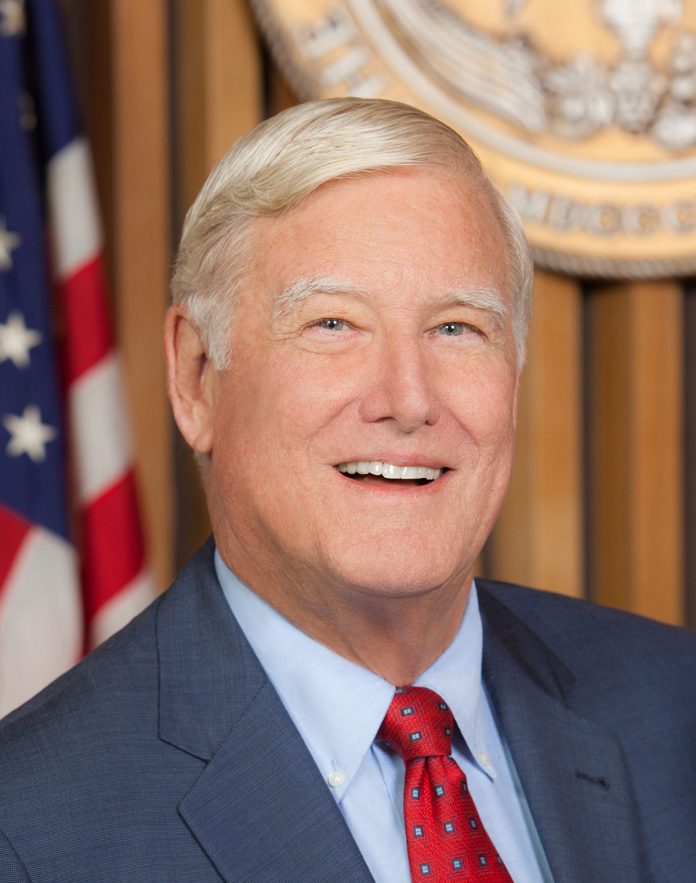As the global pandemic continues to cause deaths and economic damage, we in San Diego County remain focused on protecting the health of our families and residents, and their livelihoods.
In the past several weeks, I have worked with leaders in our local cities and across the region to help our community’s response to the pandemic and prepare ourselves for an eventual recovery.
Here is just some of what we’ve accomplished:
Expanded coronavirus testing sites throughout the region, but especially in South County, which has seen high case numbers. Our newest County site is at the San Ysidro Port Entry and is providing free testing. More than half of all the testing in the region is now being done in my district in South County.
Launched an expansive, multi-media outreach campaign to the region’s Latino and Spanish-speaking communities, including public service announcements on television, radio, digital and print outlets and Spanish-language information materials.
Increased our contract tracing efforts by hiring of hundreds of tracers and partnering with San Diego State University to deploy nearly 100 specially-trained community health workers and public health students as tracers under the “promotora” model. They will help perform contact tracing in underserved communities. We have also made agreements with community non-profit organizations that can act as trusted messengers in getting the word out to residents about testing, tracing and treatment services. We are especially targeting this service for the Latino, African-American, Asian/Pacific Islander and refugee communities.
Set aside $17 million in federal CARES Act Coronavirus Relief Fund monies to distribute grants to small businesses, including restaurants, that have been damaged by the economic upheaval caused by the pandemic.
The county provided $25 million in funding to local cities, including Chula Vista and National City, that were passed up in the first round of federal funding to help states and large cities. The County funds are being used by our local cities in a variety of ways, including paying for personal protective equipment, rental assistance, childcare services for low-income families, laptops so employees can work remotely and cleaning supplies and equipment to sanitize public facilities.
We partnered with the State to launch the Great Plates Program, which provides meals to more than 2,000 seniors who are at risk of serious illness from the virus if they leave their homes for food. The meals are provided by local restaurants, thus benefitting businesses that are struggling economically during the pandemic. And just recently, we expanded the program to add more restaurants and increase the number of people served to include adults with disabilities. We have also provided close to $4M in support to local food banks.
Provided Public Health hotel rooms for essential workers and others who cannot self-quarantine.
Launched a new website that makes it easier for people to make appointments for testing closer to their homes or work sites.
Created a comprehensive coronavirus website and a text-alert system so that all residents can stay immediately informed about the pandemic.
These are just some of the programs and services we have created in a few short months, and we’re not done yet. This week, the Board of Supervisors approved a proposal to add $25 million to our County budget to help people who are struggling to pay their rent during this crisis.
We’ve got a long way to go to end this pandemic, but we will get through it together.
Supervisor Greg Cox is the current Chairman of the Board of Supervisors and represents District 1. He has lived in Chula Vista his entire life. For more information or to contact him, please visit www.GregCox.com.

